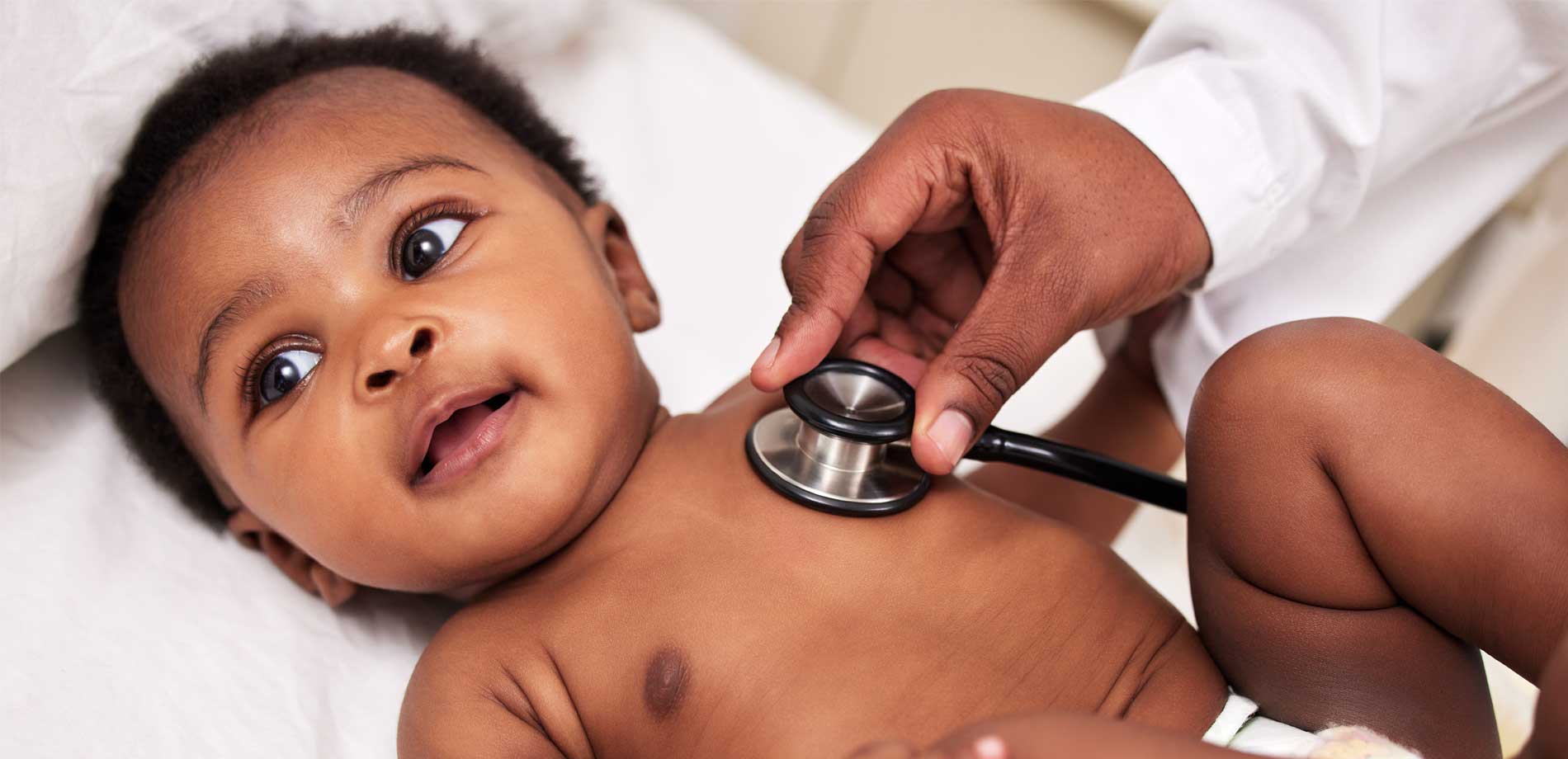Have a new baby? You’ll see your pediatrician a lot in the first 15 months of their life — at least six times. It’s all about keeping your baby healthy and happy. Here’s what you can expect.
Contributor: Candis N. Platt-Houston, MD | Pediatrician
As a parent, your pediatric provider is one of your most important partners in the health of your child. This is especially true with a new baby. If it’s your first baby, you might be surprised at how often you’re visiting a healthcare provider!
At these early visits, the pediatrician will focus on your baby’s growth and weight; check that the baby is meeting developmental milestones; give your baby recommended vaccines; and ask about eating and sleeping habits. Your provider will also check to be sure you’re doing OK with your brand-new addition, answer any questions and provide important information about things like safe sleeping environments, says Candis Platt-Houston, MD, Division Director of General Pediatrics for MetroHealth.
When your baby will see a provider
Six visits in the first 15 months is the goal for most families, but there are often eight in that time period. The schedule may get thrown off if a baby comes in for a sick visit or if parents have to miss or reschedule a visit. The typical timing is:
-
2 weeks old
-
1 month old
-
2 months old
-
4 months old
-
6 months old
-
9 months old
-
12 months old
-
15 months old
Your baby’s milestones
New parents often want to know if their baby is doing what he or she “should” be doing. Though there’s a big range of what’s normal, your pediatrician will ask questions to see if your baby is at or close to these common developmental milestones:
4 Months
Rolling Over
6 Months
Starting to sit up, recognizing names, babbling
9 Months
Starting to crawl
12 Months
Starting to walk, having 1 – 2 words, waving bye-bye
15 Months
Having 2 – 3 words and starting to drink from a cup
Your healthcare provider will also make sure you’re on track with safe sleep habits. Babies should sleep in a crib, on their backs, with nothing else in the crib with them.
Getting vaccinated
Your baby will get a lot of immunizations in the first year. “Vaccines are important to prevent your baby from getting diseases that could cause harm or lead to hospital admissions,” Dr. Platt-Houston says.
You can generally expect the same series of immunizations at your 2-month, 4-month, and 6-month visits. These vaccinations protect against polio, diphtheria, tetanus, pneumonia, hepatitis, rotavirus, and other diseases that used to make children very sick before we had vaccines. RSV immunization is now also recommended from birth to 3 months of age during RSV season.
The nine-month visit is often a break from vaccines, with more vaccines recommended at 12 months and 15 months for diseases like measles, mumps, varicella and Hep A. The goal is to have children fully vaccinated by age 2.
MetroHealth Pediatrics
To find a MetroHealth children’s health team provider visit our website at metrohealth.org/pediatrics
or to make an appointment, call 216-778-2222.












